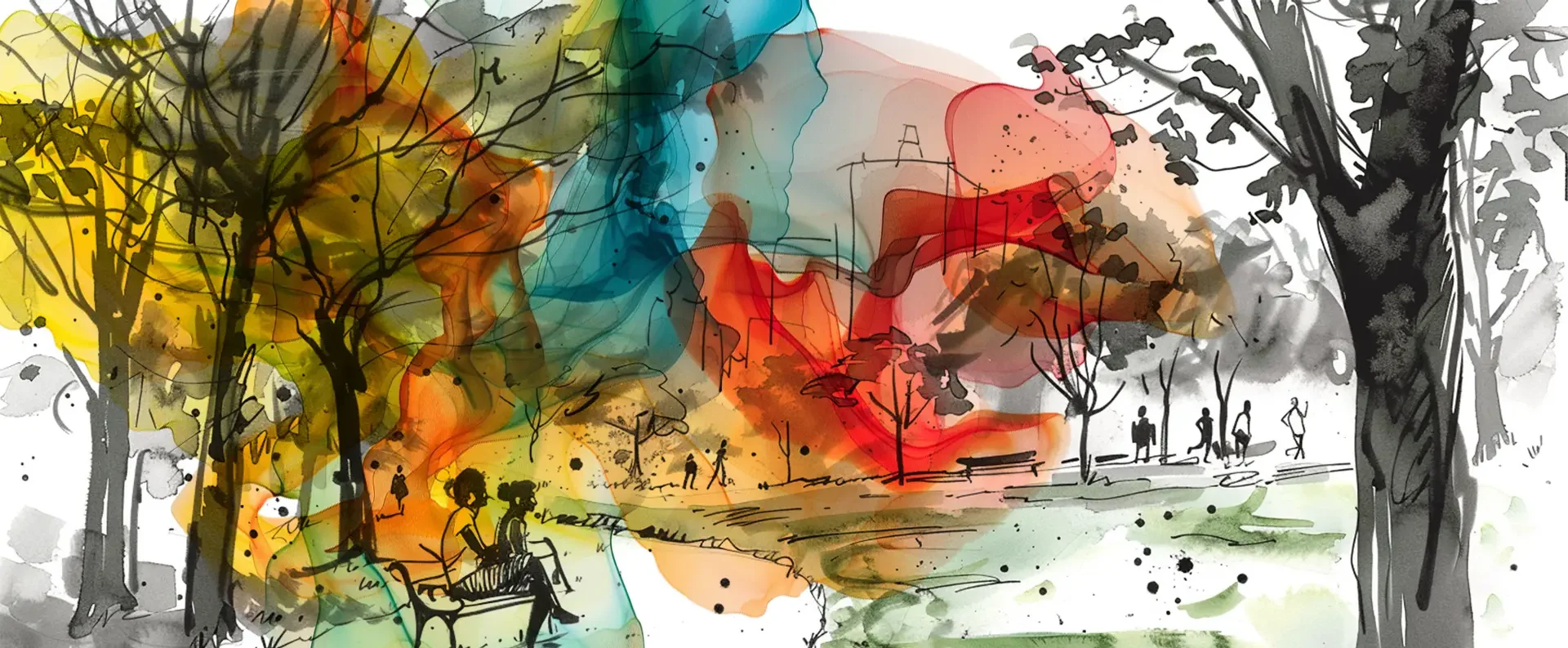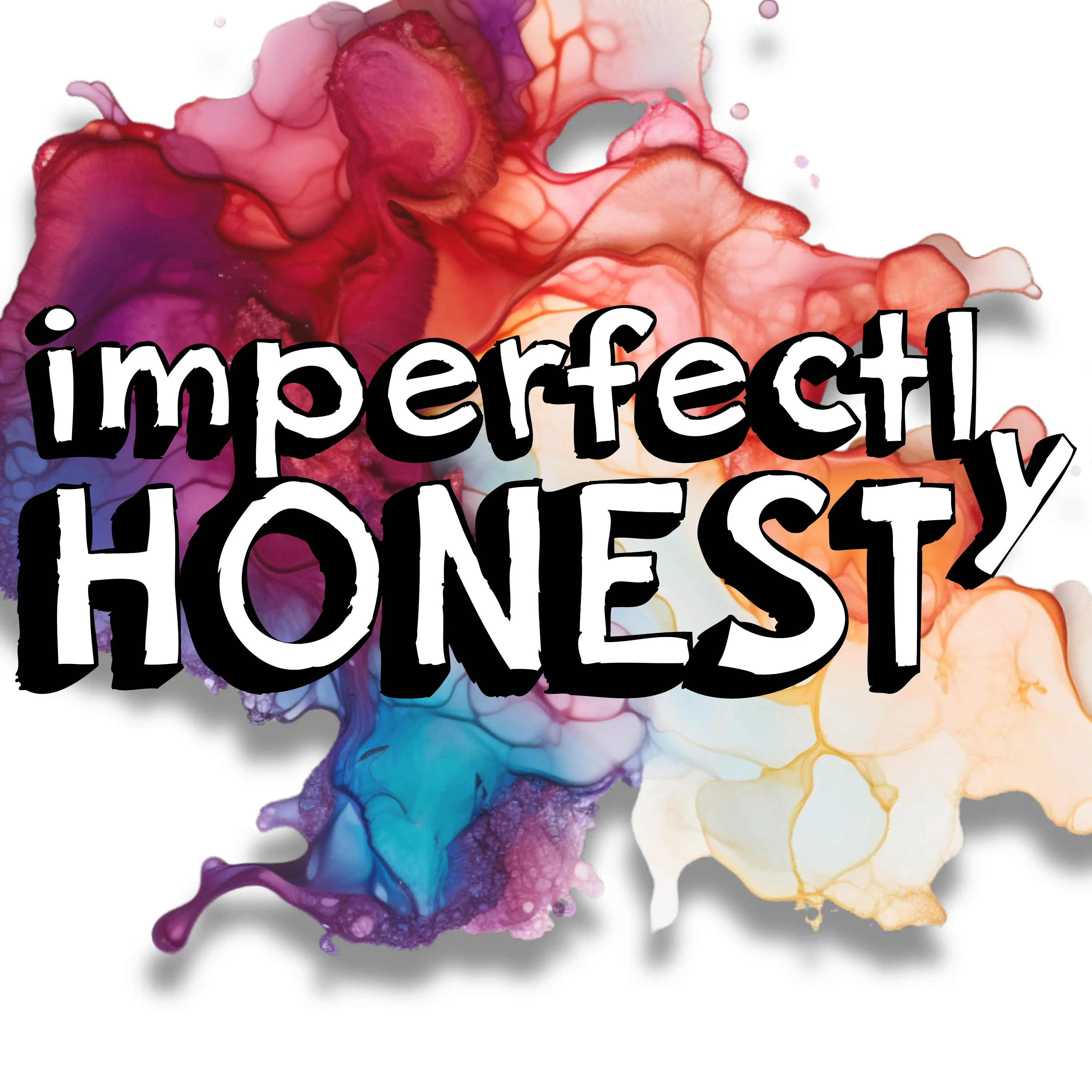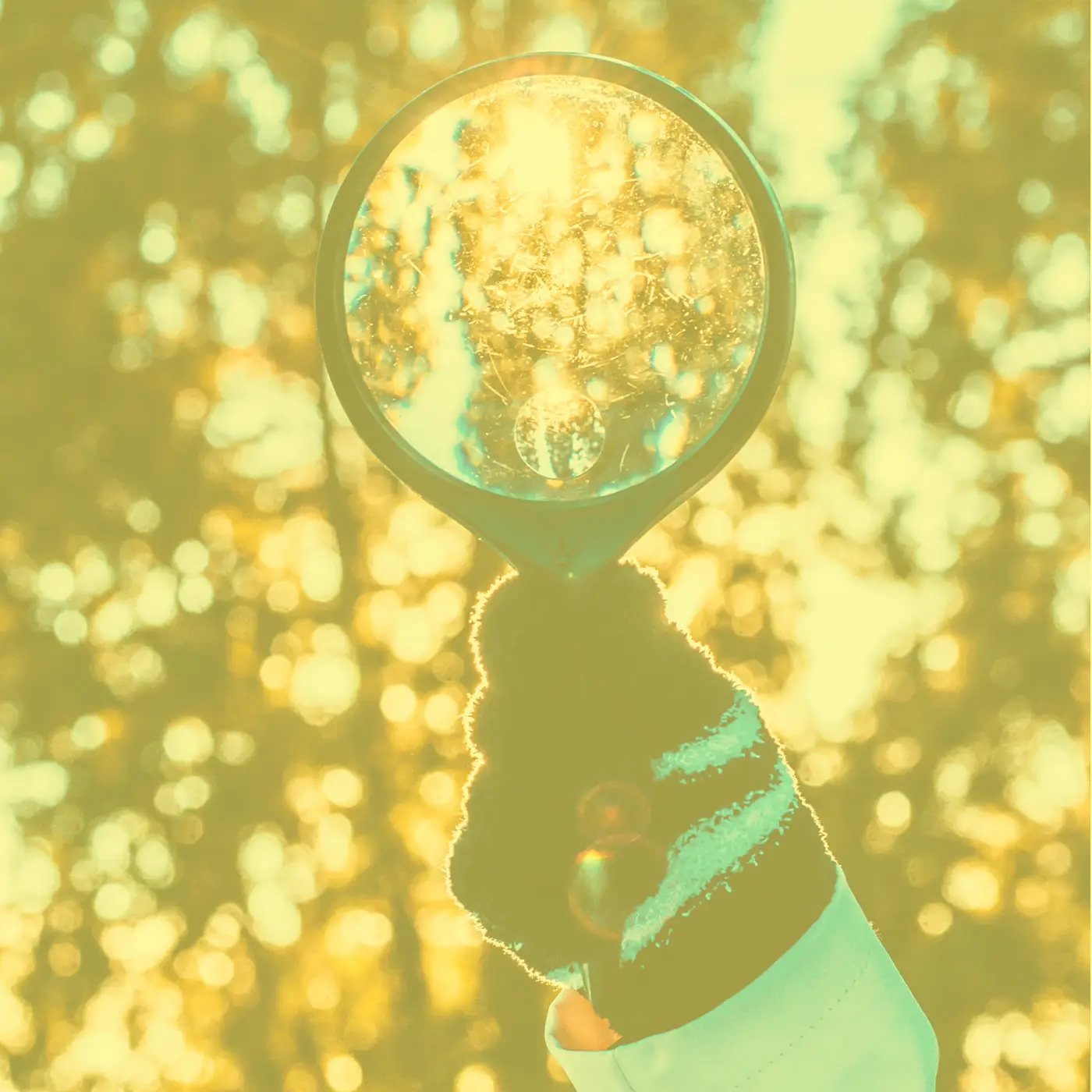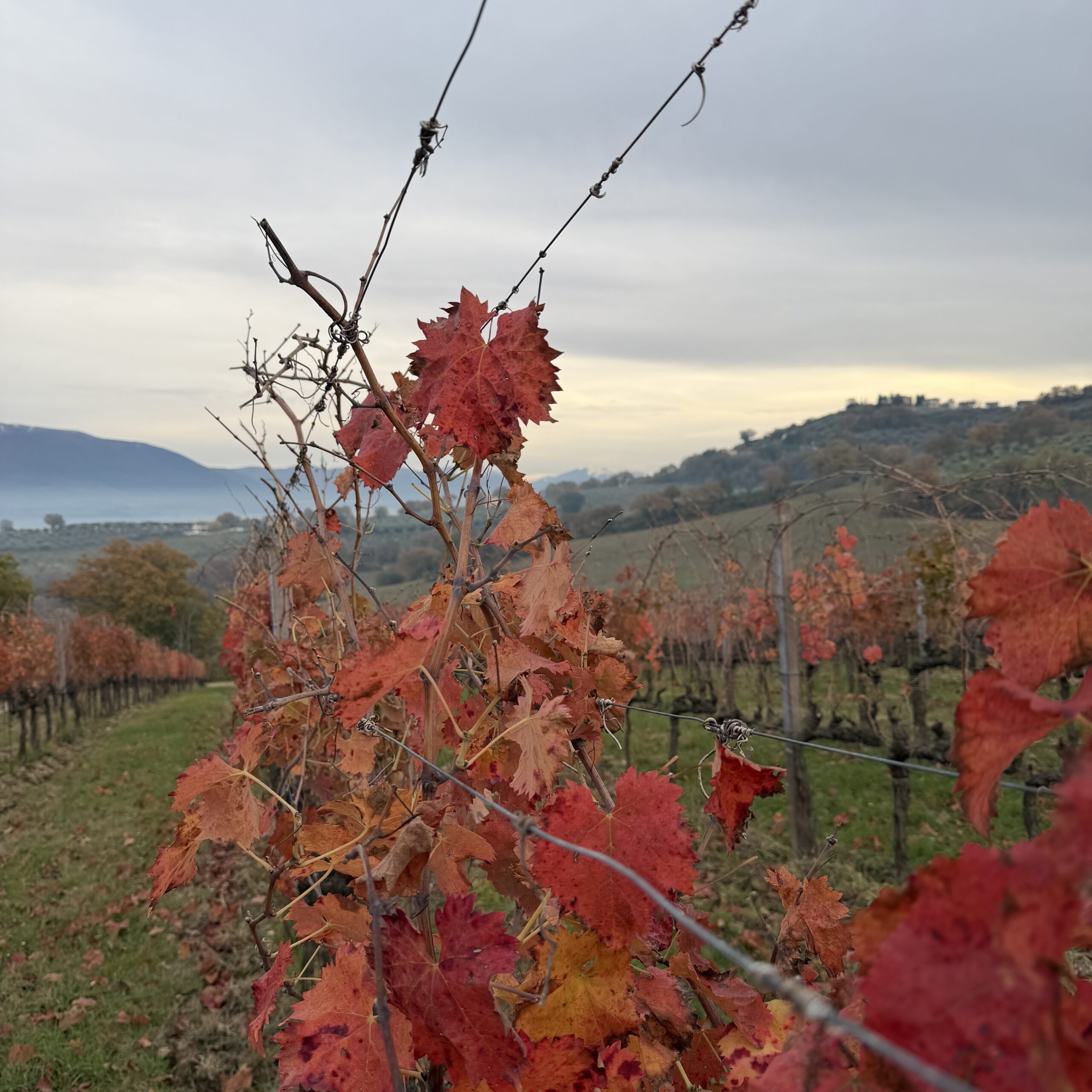As I mentioned in our podcast episode about Embracing Our Fears, one of my 2025 goals is to welcome change and uncertainty. After a life-altering few years (which you can read about here), I’m shifting from the routine and comfortable life I’ve led for the past 20 years to become the person I really want to be and to do the work I feel I was born to do. While I am grateful for this rare opportunity to have the resources and flexibility to explore an abundance of opportunities, the uncertainty of my future frequently gives me anxiety. As I work to tackle this, I’ve been learning some important lessons. I’d like to share a few of those with you.
My most interesting self-realization on the topic of uncertainty
Although I don’t regret a minute of my 21-year relationship with my ex-husband, I knew our relationship wasn’t right for me for years before I decided to leave. This is highly out of character for me. When something in my life doesn’t feel right, I change it. It wasn’t until I started digging into this topic of uncertainty anxiety that I realized why I stayed. I met my husband in my twenties when I had so much uncertainty. My ex-husband was the only thing I felt sure about. There wasn’t a single moment in our marriage when I questioned his ethics, whether he would be faithful to me, whether he was attracted to me, or whether he would do the right thing when the rubber hit the road. I now realize how rare that is, and I am forever grateful that I had that rock to have built a life upon. My challenge (and opportunity) in my next chapter is to trust that the rock beneath my feet is strong enough to allow me to take some bigger leaps.
The best uncertainty anxiety advice from my therapist
My therapist, Jessica DiRienzo, recently put together this helpful uncertainty anxiety resource for me. Here are a few of the things I found most helpful:
- Anxiety is the brain’s attempt to gain control over unpredictability.
- Try to reframe uncertainty as opportunity. Shift from “I don’t know what will happen” to “Not knowing means many possibilities exist—including positive ones.”
- Practice “both/and” thinking. Train the brain to hold two truths: “I can both feel anxious and still move forward.”
- Name the uncertainty. Ask “What exactly am I unsure about?” Specifying what you’re afraid of can shrink the mental fog and return a sense of agency. For example: “Is it the end of the project that feels uncertain—or is it not knowing what the rest of my life will look like without it?”
- Ask yourself questions:
- Is this worry helpful or hypothetical?
- Have I faced unknowns in the past where things worked out—or I learned something?
- What am I trying to protect myself from by needing certainty?
- If I could tolerate a little bit of not knowing today, what might I do differently?
My favorite quotes about uncertainty
“The quality of your life is directly related to how much uncertainty you can comfortably handle.”—Tony Robbins
“The very essence of romance is uncertainty.”—Oscar Wilde
“In detachment lies the wisdom of uncertainty … in the wisdom of uncertainty lies the freedom from our past, from the known, which is the prison of past conditioning. And in our willingness to step into the unknown, the field of all possibilities, we surrender ourselves to the creative mind that orchestrates the dance of the universe.”—Deepak Chopra
“The future is uncertain … but this uncertainty is at the very heart of human creativity.”—Ilya Prigogine
“So what do we do? Anything. Something. So long as we just don’t sit there. If we screw it up, start over. Try something else. If we wait until we’ve satisfied all the uncertainties, it may be too late.”—Lee Iacocca



